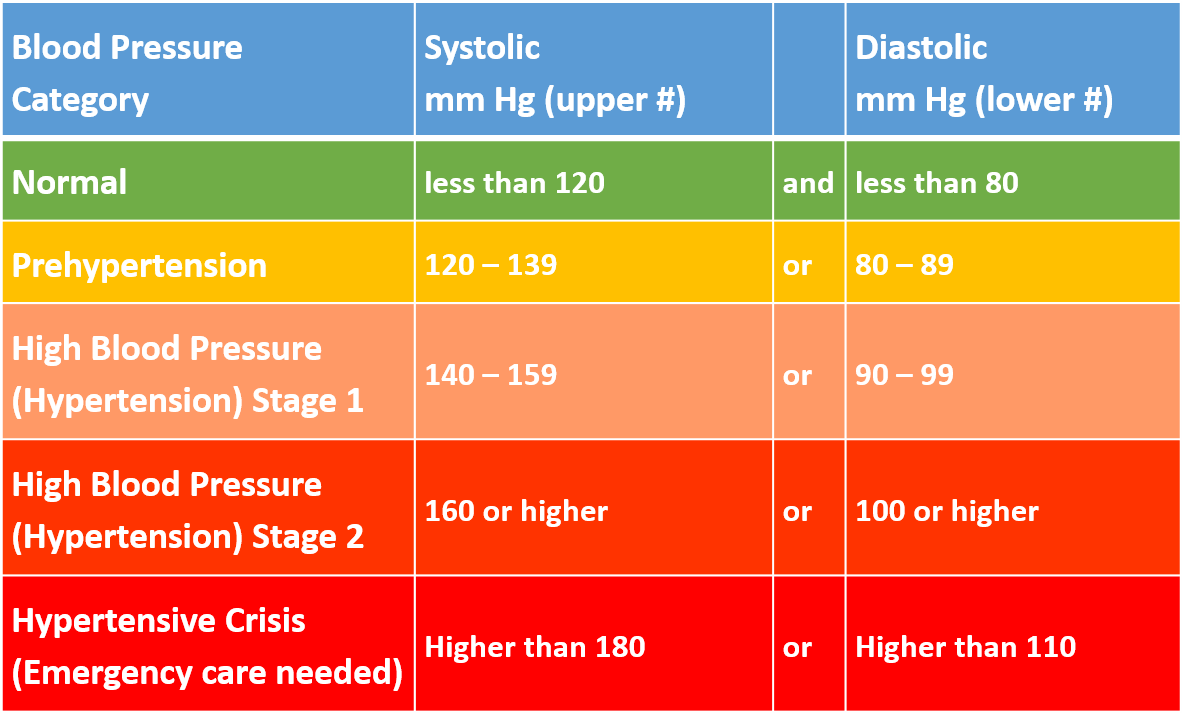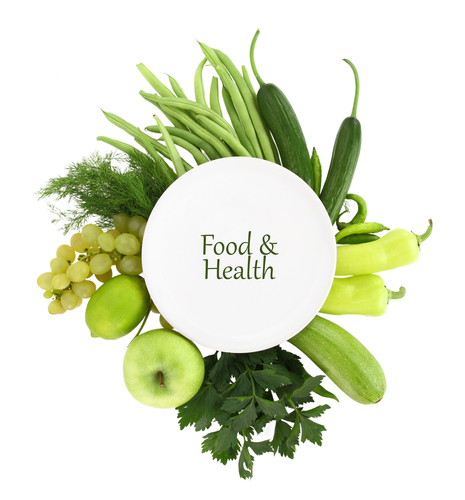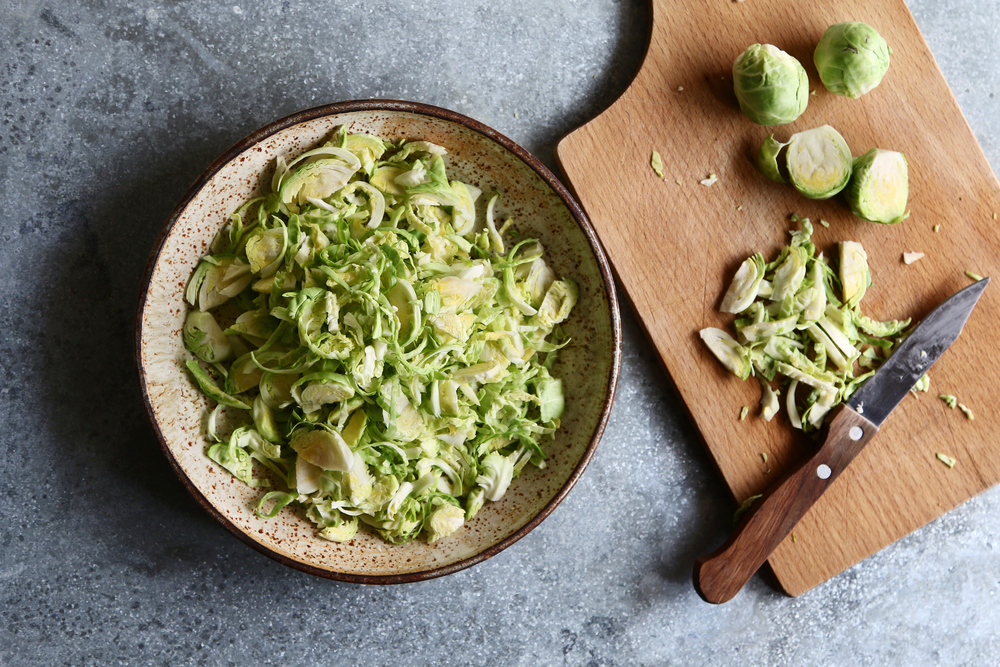By Crystal Shelton, Senior Scientific Researcher
Hypertension, also known as elevated blood pressure, is defined as systolic blood pressure (the top number) averaging 140 mmHg or greater and/or diastolic blood pressure (the bottom number) averaging 90 mmHg or greater. The systolic pressure is determined when the heart contracts, while diastolic pressure is found between heartbeats when the heart is at rest. A normal reading is considered 120/80, as seen in the chart above from the American Heart Association.
There are several factors that can contribute to hypertension, but there are also a couple of approaches that may serve as good alternatives to help naturally lower blood pressure.
Reduce Salt Intake: Several studies have pointed to salt intake being adversely correlated to high blood pressure. Salt consumption should be limited to about 2,400 mg per day. Tips for helping achieve this include: buy fresh, plain frozen, or canned no-salt-added vegetables, use fresh poultry, fish, and lean meat, rather than canned or processed foods, use herbs, spices, and salt-free seasonings in cooking and at the table, limit frozen dinners, pizza, packaged mixes, canned soups or broths, and salad dressings (they tend to be very high in sodium content) and buy low or reduced sodium/not salt added foods. Additionally, consuming 3,500 mg of potassium a day (foods like yogurt, cantaloupe, spinach, and bananas) may help rid the body of too much sodium by acting as a diuretic.
Dietary Supplements: There are actually quite a few dietary supplements that have some favorable effects on blood pressure. Fish oils (omega-3 fatty acids) are important in the maintenance of normal blood flow, as they support normal fibrinogen levels (coagulation or blood clotting), which contributes to normal platelet activity. Studies have shown modest but significant reductions in systolic and diastolic blood pressure in patients with hypertension. Hawthorn berry has been associated with heart health, specifically supporting healthy blood vessels by maintaining structural integrity of the arteries and promoting a strong heart muscle. Some clinical research shows that taking garlic orally can modestly reduce blood pressure in patients with hypertension, as well as people with normal blood pressure. Coenzyme Q10 is another supplement which has been proven beneficial to the cardiovascular system because it helps to protect the heart and helps maintain normal blood pressure. Magnesium is an important mineral that works together with calcium to help maintain the normal regulation of the heart and blood pressure.
Meditation: Over the years, hundreds of studies have been conducted worldwide on the effects of transcendental meditation on blood pressure. Transcendental meditation (also known as TM) is a simple mind-body technique that allows you to gain a unique state of restful awareness or alertness. Clinical studies have shown the effects in easing stress and reducing systolic and diastolic blood pressure in patients with hypertension. There are many types of meditative techniques, but TM is the one that has been most studied and proven to be effective. Researchers believe that the deep rest established from TM helps ignite changes in the body that help the mind reach a more balanced state.
Exercise: It seems simple enough, but regular physical activity does make your heart stronger. With a stronger heart, you can pump more blood with less effort and when your heart can work less to pump, the force on your arteries decreases, lowering your blood pressure. Ideally, you should aim for at least 30 minutes a day. Understand that “exercise” isn’t limited to a hard core gym workout session – anything that gets your heart pumping faster will work, that includes dancing, gardening, quicker-paced evening strolls, etc.






Comments (0)